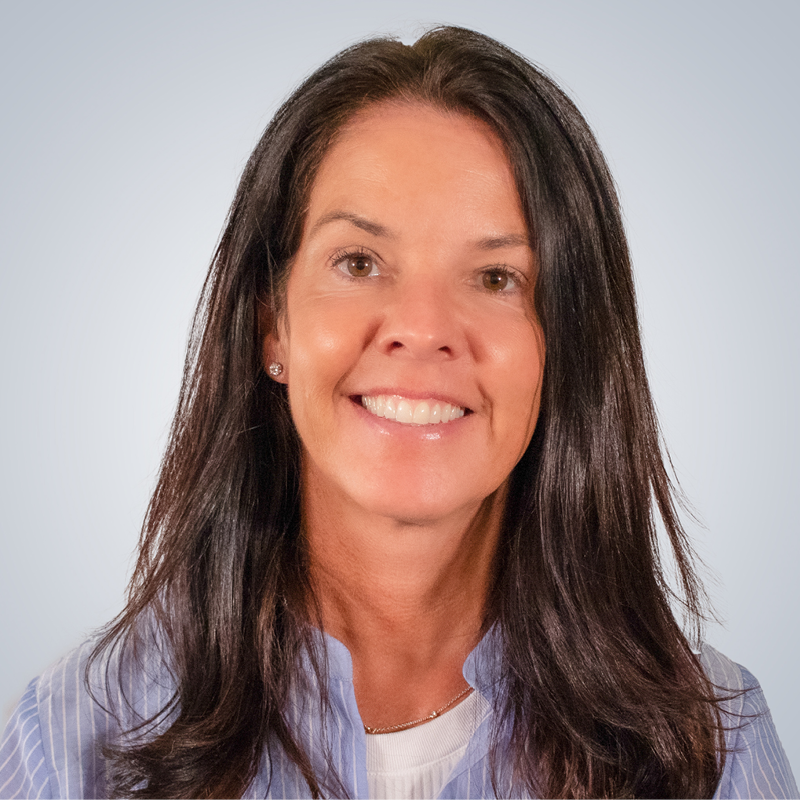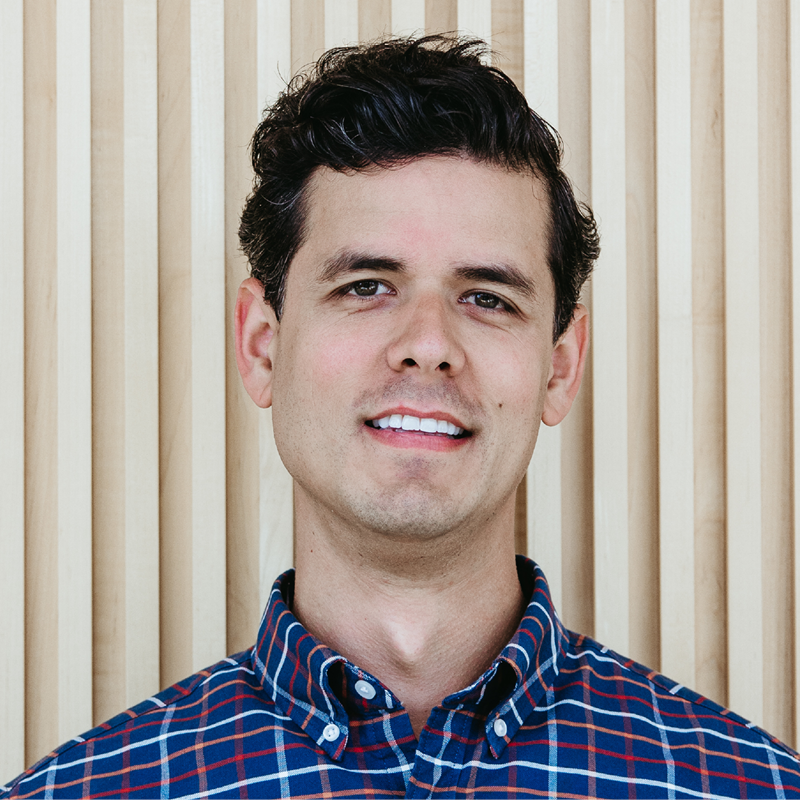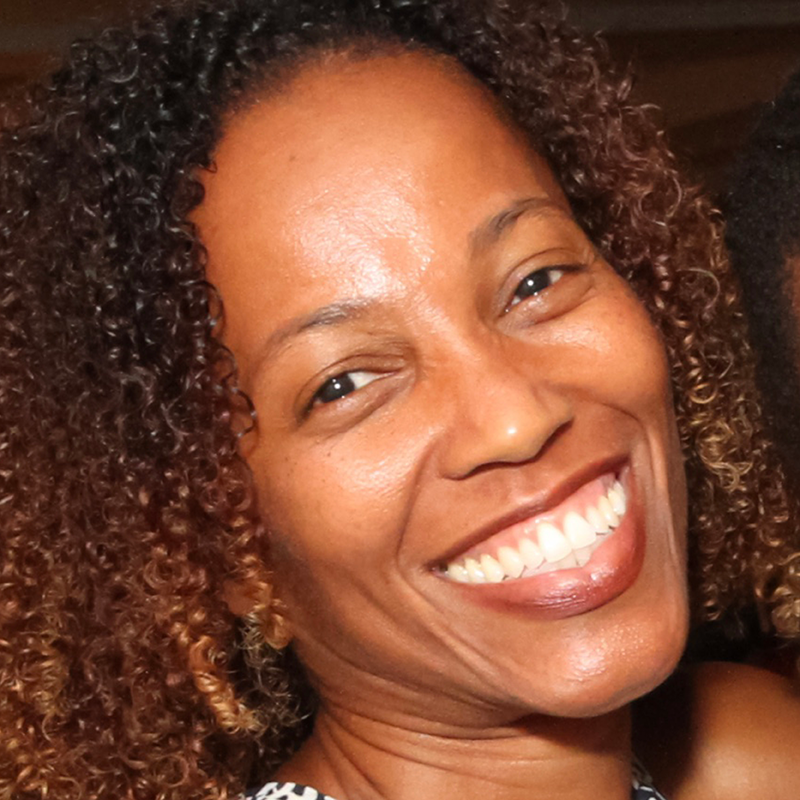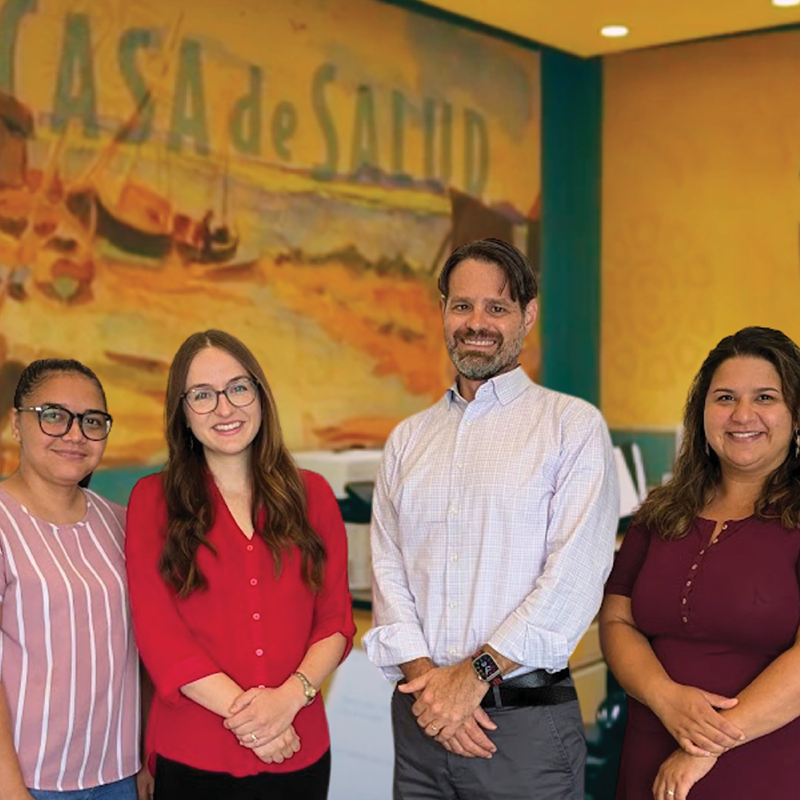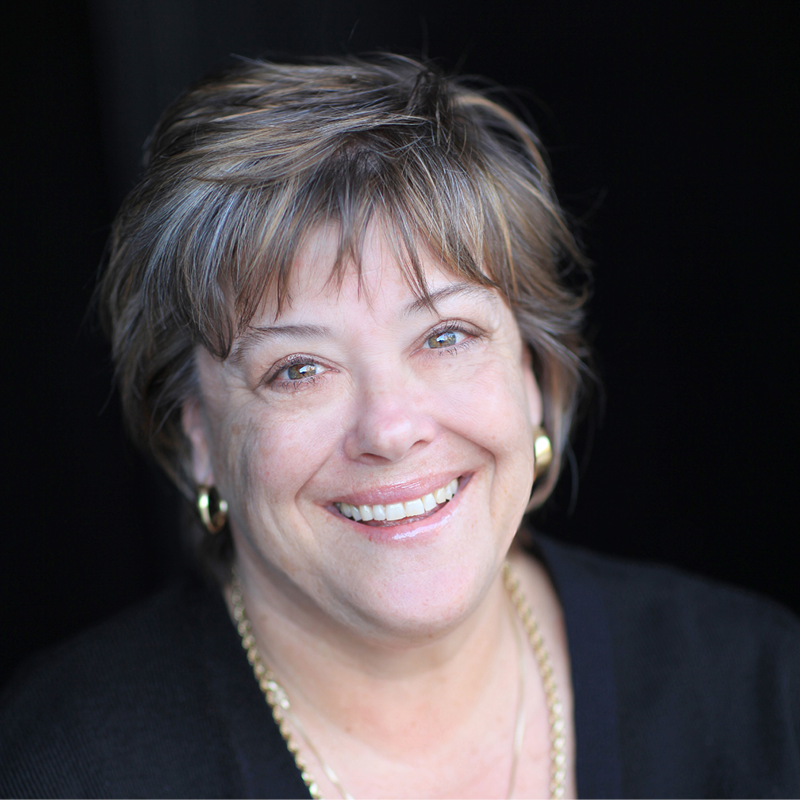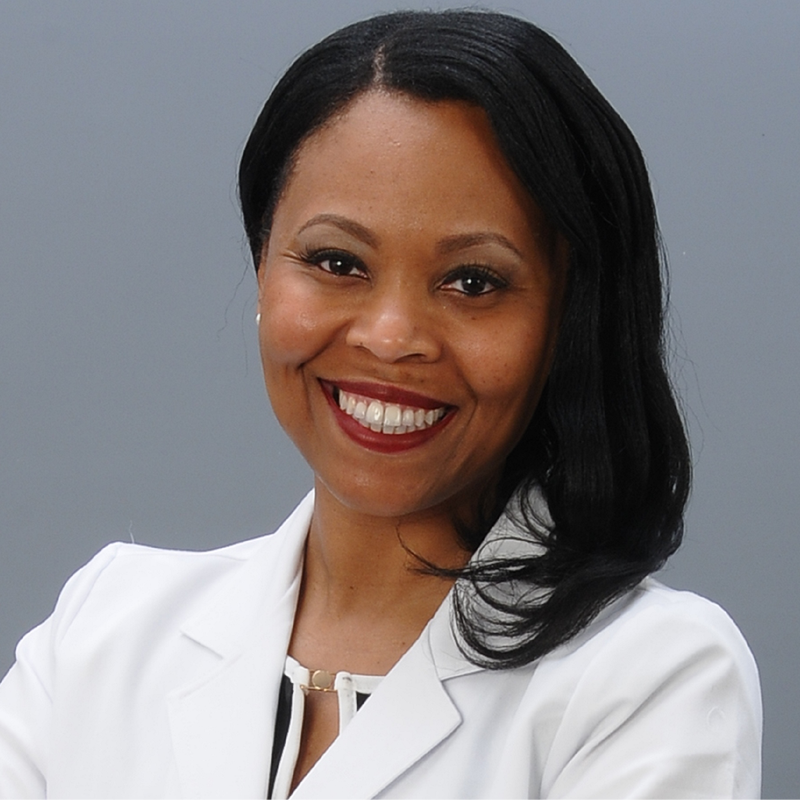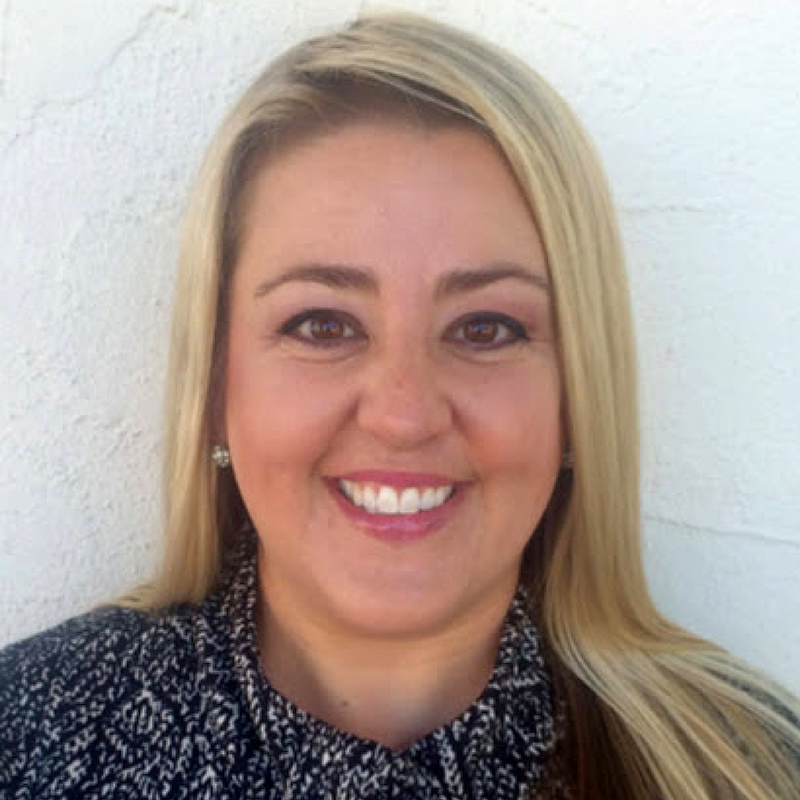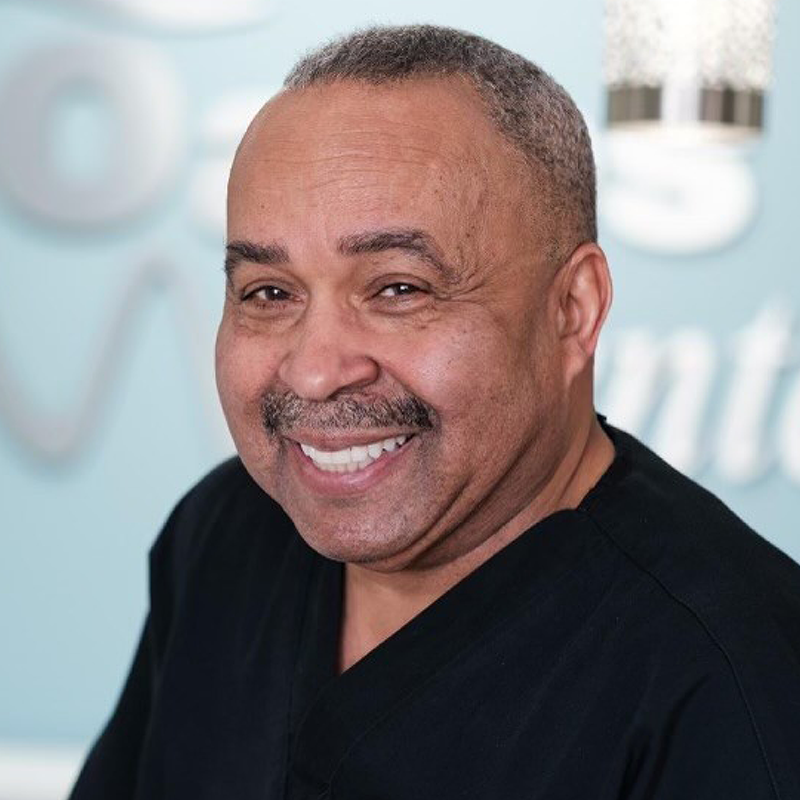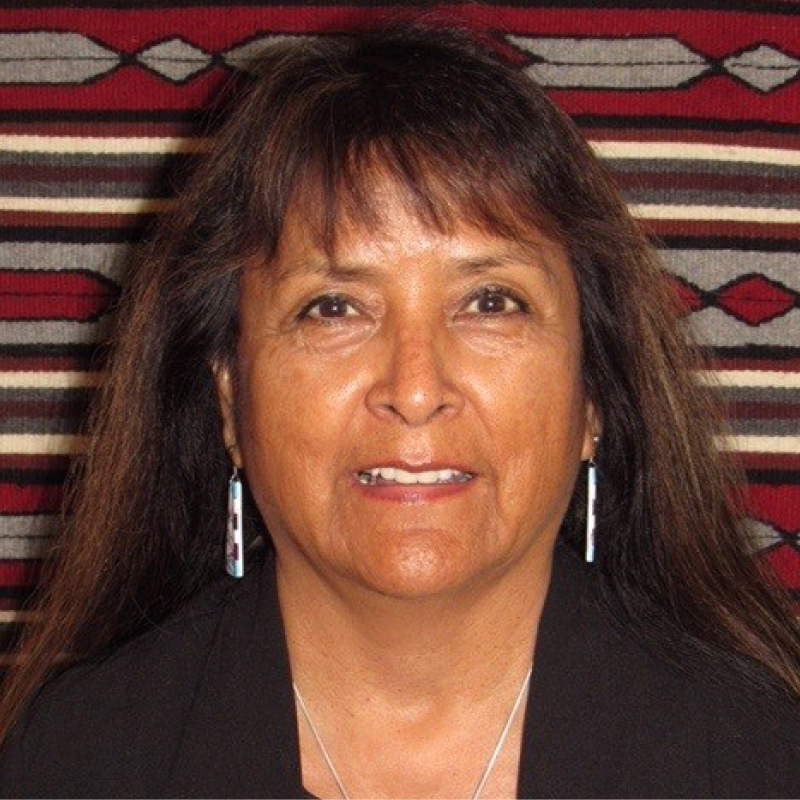I have worked with interprofessional teams with various licensure, and it has been remarkable to work with Community Health Workers and Recovery Coaches. Their capacity to engage and build trusting relationships with individuals who have such a distrust of our health systems is incredible. We meet individuals wherever they are in their recovery or mental health journey. There’s no ‘you have to do this’ – we’re here to support you if and when you are ready.
Beyond her work at Shattuck, Lauren has spearheaded many initiatives to fill health care gaps for people with significant needs. Amid the COVID-19 pandemic, Lauren oversaw a program that temporarily housed the state’s COVID-positive, marginally housed population in hotel sites transformed into isolation and recovery centers. In partnership with EOHHS, the Massachusetts Emergency Management Agency and other state agencies, she helped launch six isolation and recovery sites serving more than 6,000 people. Individuals were offered support in COVID recovery, behavioral health services and other assistance. In 2021, as part of another Commonwealth partnership, Lauren supported a COVID vaccination program for homebound individuals in which CCA-led teams vaccinated more than 5,500 individuals across the state.
Lauren also co-founded CCA’s Crisis Stabilization Unit known as Marie’s Place, an innovative, safe, home-like environment for CCA health plan members with behavioral health and SUD needs that serves as an alternative to inpatient psychiatric hospitalization. Patients at this 12-bed unit in Brighton, Mass., have access to clinicians and peer support groups for recovery and safe return to their homes and community.
Throughout her career, Lauren’s main focus has been assessing gaps in the system for individuals with significant needs and identifying models of care and innovative facilities to decrease barriers to care. She is committed to ensuring safe, dignified and respectful supportive health care services and housing for everyone. Many individuals with SUDs, behavioral health diagnoses and other barriers to care share a strong distrust of the health system because of the stigma and judgment they experience. Lauren’s work has established clinical models and programs that address population needs with home-like settings, intervention treatment, and engagement with community-based organizations for continuity of care. In the future, Lauren hopes more funding will support expanded integrated care services for more people with these and other complex needs.
Population Characteristics
- Frequent emergency department visits
- Substance use disorders
- Behavioral health issues
- Significant medical needs
- Social factors that impact care
- Long-term hospitalizations
- Inefficient care experiences
- Experienced trauma, stigma, judgement
Example Programs and Stats
- Cottage community to rehouse Mass and Cass encampment of 300 tents
- Transitioned individuals from encampment into newly created cottage community
- Residents gain on-site access to behavioral and medical health care and other substance use disorder supports
- Medication-assisted treatment provided in collaboration with local providers
- Today, 86 individuals have lived at the site, 65 of whom have transitioned to permanent housing
- Many cottage guests indicate the program saved their lives
- Early learnings indicate that providing appropriate care with continuity saves money and decreases overall utilization of services
- Isolation and recovery sites for COVID-positive people experiencing homelessness
- Open for 2 years
- 6 hotels across the state served more than 6,000 people
- Guests were unhoused or marginally housed and tested positive for COVID-19
- Offered support, housing resources, substance use disorder resources, recovery coaches
- At discharge, 98% of people left with connections to additional support or resources
Health Equity Heroes
Meet our 2023 Health Equity Heroes

Breakthrough T1D
Leading global type 1 diabetes research and advocacy
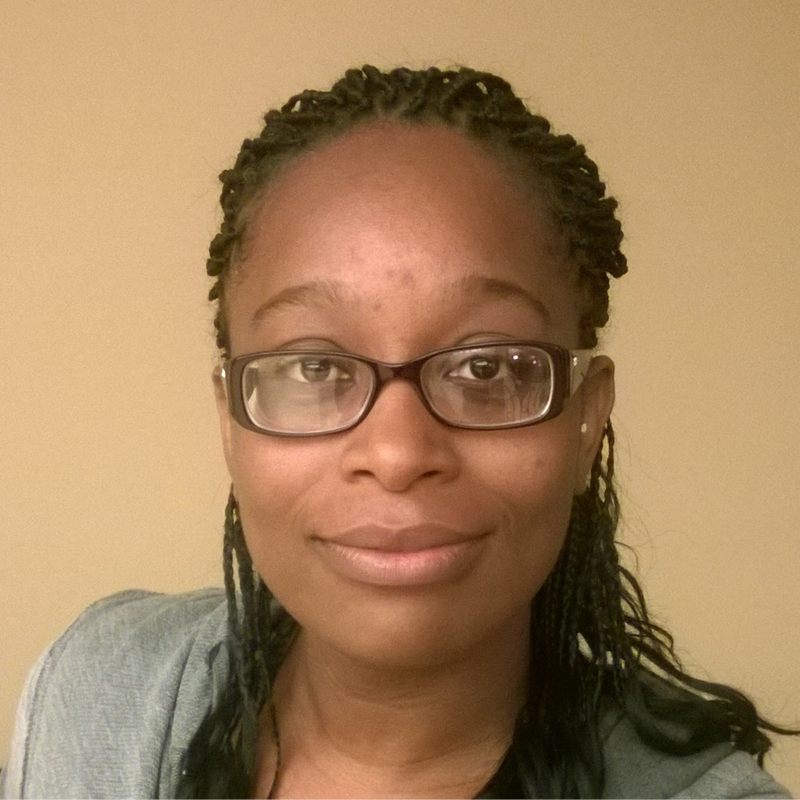
Bridget Saffold, MSN, MPH, RN
Founder, Focus on Diabetes
 Preventistry Pulse Image
Preventistry Pulse Image
PREVENTISTRY PULSE
The newsletter designed for anyone who wants to improve oral health for themselves, their families, customers or communities.
